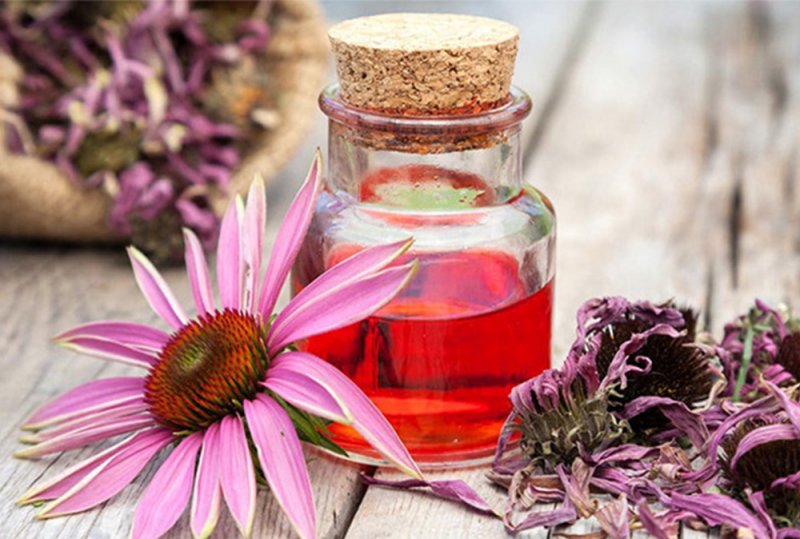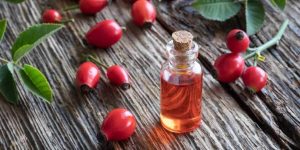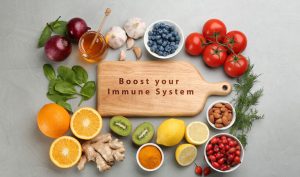Echinacea, often referred to as purple coneflower, is a flowering plant that has been used for centuries in traditional medicine, particularly for its ability to support the immune system. It’s commonly available as a supplement, tea, or tincture, and has become a popular herbal remedy, especially during cold and flu season. But what are the actual benefits of Echinacea? Is it truly effective, or is it just another herbal trend?
Boosts Immune System Function
Echinacea is perhaps best known for its immune-boosting properties. Research suggests that Echinacea can help enhance the immune system’s ability to fight off infections. It contains compounds that are believed to stimulate the production of white blood cells, which are crucial in the body’s defense against bacteria, viruses, and other pathogens.
- Fights Respiratory Infections: Several studies have shown that Echinacea can reduce the duration and severity of common colds and other respiratory infections. One study found that taking Echinacea regularly could reduce the risk of catching a cold by about 58%. Additionally, if you do catch a cold, it may help you recover faster and reduce the severity of symptoms.
- Activates the Immune System: Echinacea contains antioxidants and bioactive compounds such as alkylamides, polysaccharides, and flavonoids. These compounds can help activate the immune response, leading to a stronger defense against infections.
May Help Relieve Symptoms of the Common Cold
One of the most popular uses of Echinacea is for treating the common cold. Many people take Echinacea as soon as they feel a cold coming on, hoping it will shorten the duration or reduce the severity of symptoms.
- Shortens Cold Duration: Some studies suggest that Echinacea can reduce the duration of a cold by up to one to two days. This is particularly beneficial for people who have a busy lifestyle and need to get back to their normal routine as quickly as possible.
- Reduces Symptom Severity: In addition to reducing the length of a cold, Echinacea has been shown to help alleviate cold symptoms like sore throat, cough, and congestion. By modulating the immune response, it may reduce the inflammation that causes these uncomfortable symptoms.
Supports Skin Health
Echinacea is also used topically in many skincare products due to its anti-inflammatory, antimicrobial, and antioxidant properties. It can benefit the skin in a variety of ways:
- Wound Healing: Echinacea has traditionally been used to promote the healing of wounds, cuts, and burns. It’s believed to stimulate the production of collagen, which is necessary for skin repair and regeneration. Some studies support its use in improving wound healing when applied topically.
- Reduces Inflammation: Echinacea’s anti-inflammatory properties can help calm irritated skin, making it useful for conditions like eczema, psoriasis, or acne. By reducing inflammation, Echinacea can help minimize the redness and swelling associated with these skin conditions.
- Antioxidant Protection: The antioxidants in Echinacea can help protect the skin from oxidative stress caused by free radicals, which can lead to premature aging. Regular use of Echinacea-infused products may help maintain youthful, healthy skin.
Relieves Inflammation and Pain
Echinacea is known to have anti-inflammatory effects that may help relieve chronic inflammation, a factor that contributes to many common conditions such as arthritis, asthma, and even heart disease.
- Natural Pain Relief: Echinacea’s anti-inflammatory compounds can help alleviate pain caused by conditions like osteoarthritis and rheumatoid arthritis. By reducing inflammation in the joints, Echinacea may help ease the pain and stiffness that come with these conditions.
- Soothes Sore Throats: For people suffering from a sore throat or mild throat infections, Echinacea may offer some relief. Its anti-inflammatory and antimicrobial properties help soothe irritated tissues and fight infection, making it a popular natural remedy during cold and flu season.
May Improve Mental Health
While more research is needed in this area, there is some evidence suggesting that Echinacea may offer benefits for mental health, particularly in terms of reducing feelings of anxiety and stress.
- Adaptogen-like Effects: Echinacea is thought to have adaptogenic properties, meaning it may help the body respond better to stress. Adaptogens are natural substances that help the body adapt to physical, mental, and emotional stress, helping to maintain balance.
- Potential Anti-Anxiety Benefits: Some studies suggest that Echinacea may have a mild anti-anxiety effect. This could be due to its ability to influence the nervous system, reducing symptoms of stress and anxiety. However, more research is needed to fully understand how it works in this regard.
Supports Overall Well-Being
Echinacea’s ability to boost immune function, fight infections, and reduce inflammation all contribute to overall better health. When your immune system is working efficiently, you are less likely to get sick, which can improve your quality of life.
- Energy Boosting: Some people report feeling more energetic when they take Echinacea regularly. This could be due to the plant’s ability to support immune health, reduce fatigue caused by illness, and increase overall vitality.
- Fights Seasonal Ailments: Echinacea is a go-to remedy for preventing and treating seasonal issues, such as colds, flu, and even allergies. By keeping the immune system in check, it may help prevent or reduce the severity of these common seasonal ailments.
Echinacea as a Natural Antibiotic
While not a replacement for prescription antibiotics, some studies suggest that Echinacea can have mild antibacterial properties. It may help combat certain bacteria that cause infections, making it a useful natural remedy for mild infections or as a preventative measure when combined with other health strategies.
- Bacterial Infections: Research has indicated that Echinacea may help prevent or treat some bacterial infections, especially in the respiratory and urinary tracts. However, more studies are needed to determine its effectiveness and appropriate usage for these conditions.
How to Use Echinacea
Echinacea is available in various forms, each with different uses:
- Tea: One of the most common ways to consume Echinacea is as an herbal tea. Simply steep the dried roots, leaves, or flowers in hot water to extract the beneficial compounds. It’s a soothing way to get the benefits of Echinacea, especially during cold and flu season.
- Supplements: Echinacea supplements are available in capsules, tablets, or liquid form. This is often a more convenient way to ensure a consistent dose.
- Tinctures and Extracts: Echinacea tinctures or extracts can be taken in small doses for a more concentrated form of the herb. They are commonly found in health food stores.
- Topical Creams and Ointments: For skin health, Echinacea is often found in topical creams, lotions, or ointments that can be applied directly to affected areas.
Echinacea is a versatile herbal remedy with a wide range of potential health benefits, most notably for its immune-boosting properties. Whether you’re looking to prevent or shorten the duration of a cold, improve skin health, or reduce inflammation, Echinacea may be a valuable addition to your wellness routine. However, as with any supplement or herb, it’s important to consult with a healthcare provider before starting regular use, especially if you have underlying health conditions or are taking medication.
As a natural, time-tested remedy, Echinacea offers an alternative or complementary approach to supporting your overall health—and it’s worth considering as part of your health regimen, particularly during cold and flu season.





